The toilet roll tax: UK's strange VAT rules
'Mysterious' and 'absurd' tax brought in £168 billion to HMRC last year
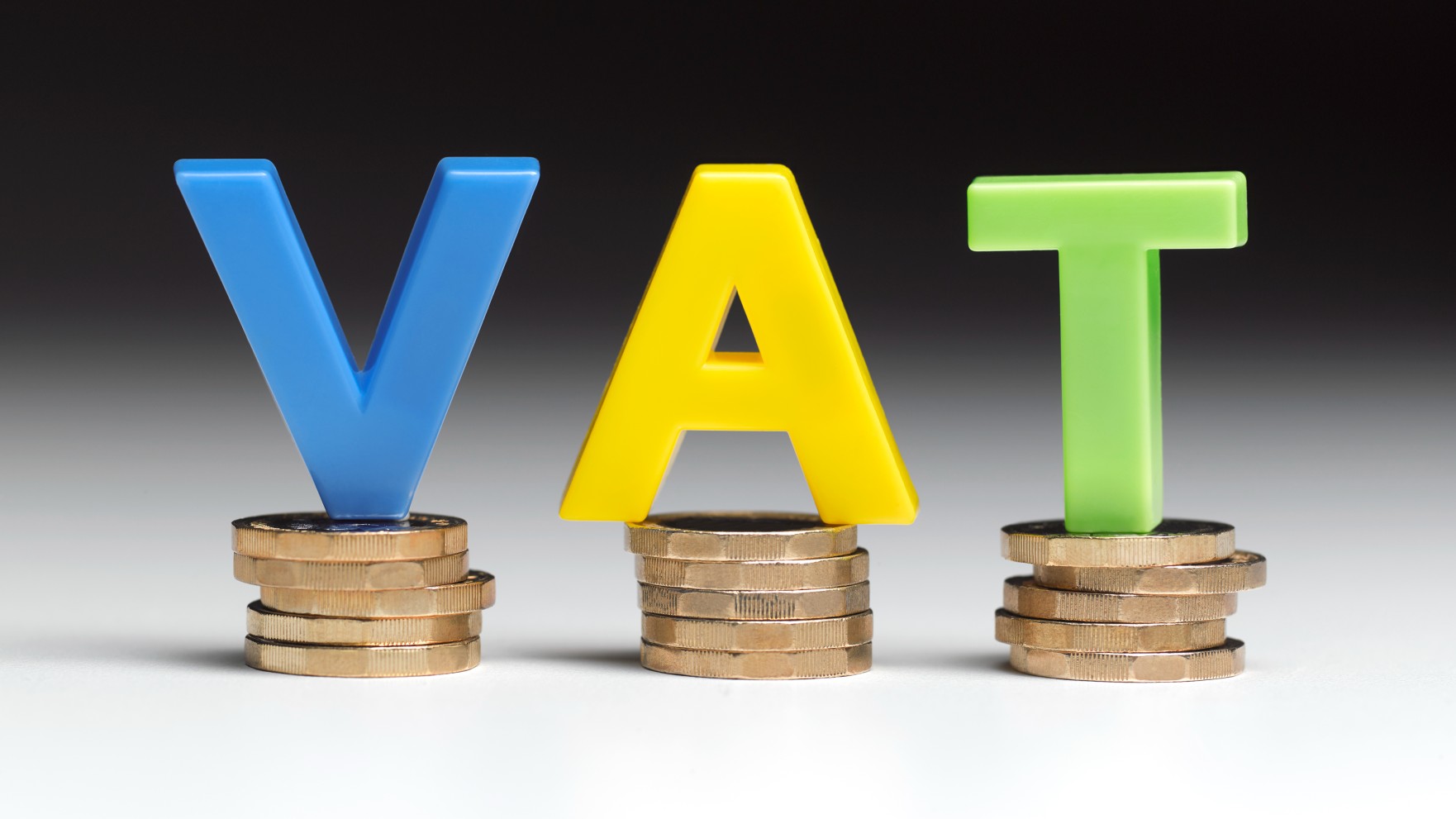
A free daily email with the biggest news stories of the day – and the best features from TheWeek.com
You are now subscribed
Your newsletter sign-up was successful
Britain's VAT rules have long triggered confusion and debate – not least about biscuits and cake – yet the tax is one of the top three money-makers for HMRC.
First introduced in 1973, Value Added Tax (VAT) on goods and services brought in £168 billion to the Treasury last year. And while VAT rates have been described as "mysterious" and "absurd", said the BBC, the duty remains central to the government's tax-and-spend plans.
What is exempt?
There seems little rhyme or reason why some goods and services are charged at the standard rate of 20%, and others at 5% or zero, in the full list on Gov.uk.
The Week
Escape your echo chamber. Get the facts behind the news, plus analysis from multiple perspectives.

Sign up for The Week's Free Newsletters
From our morning news briefing to a weekly Good News Newsletter, get the best of The Week delivered directly to your inbox.
From our morning news briefing to a weekly Good News Newsletter, get the best of The Week delivered directly to your inbox.
Biscuits are an especially "tricky tax terrain", said The Economist. A McVitie's chocolate digestive, for example, faces a 20% VAT levy, while a plain one has zero. Famously, a 1991 court ruling found Jaffa Cakes to be biscuits, despite their name, and therefore exempt from VAT altogether.
Potato crisps are regarded as confectionery and are so are taxed at 20%, while tortilla chips are not. Nuts are even more confusing, with those sold for human consumption zero-rated if in their shells, but taxed at 20% if de-shelled and roasted or salted.
Wigs or hairpieces are exempt from VAT if bought because of a medical condition, and women who have undergone surgery for breast cancer are exempt from paying VAT on their bras. Like the argument against the "tampon tax", radiographers have labelled this "discriminatory", said the London Evening Standard, and have called for everyone to be exempt since bras are a basic necessity.
Lottery, bingo and raffle tickets are exempt from VAT, as are most books, newspapers and magazines – but not diaries or stamp collections.
A free daily email with the biggest news stories of the day – and the best features from TheWeek.com
Why are some goods VAT-free and not others?
The argument for VAT exemptions is primarily based on fairness, as cutting the levy on "essential" goods helps the poorest in society.
But this does not always stack up. Toilet paper is deemed to be "luxury goods" and is charged at 20%, while caviar and helicopter rides are classed as "essentials" and are VAT exempt.
The £247 million that the toilet roll levy rakes in for the Treasury each year may be "pennies to the government," said the Daily Express, but it "has a much greater impact on UK households, and disproportionally affects the most vulnerable in our society".
In February, toilet roll manufacturer Who Gives a Crap started a campaign for the "roll tax" to end, backed by the Hygiene Bank, a charity that helps those on low incomes by providing essential toiletries.
But "one criticism of campaigns like this is that the money goes back to the businesses, not consumers", said The Guardian. Analysis of the impact of removing the "tampon tax" by advisory firm Tax Policy Associates found that prices were cut by just 1% with the majority of the savings, worth about £10m a year, retained by retailers.
Does the system work?
Britain has more VAT reliefs than almost any other Organisation for Economic Co-operation and Development (OECD) country, worth around £70 billion annually, according to HMRC.
"In the UK it is applied on only about half of overall consumption, which is really low by international standards," Professor Rita de la Feria, chair in tax law at Leeds University, told The Guardian.
"If you look at very progressive societies, they have high levels of VAT collection," she said, citing New Zealand, which has no zero rates but where VAT is used to support those on low income.
Despite the estimated £40 billion that would be raised by bringing the UK into line with the OECD average, political considerations have long stymied any serious reform of the VAT system.
George Osborne was the last chancellor to propose a major change, with plans in 2012 to extend the levy from cold takeaway food to hot takeaway food. But he was forced into an embarrassing climbdown after tabloids branded it a "pasty tax". Keir Starmer's Labour Party plans to charge VAT on private school fees, but even this has been labelled merely tinkering round the edges of a much bigger problem.
"Wholesale reform, not piece-by-piece tweaks", is needed, said The Economist, and "would focus the conversation on the overall tax system".
"Some grumbling would be inevitable: there would be headlines about 'coffin taxes' and 'zoo levies'. But if tax increases were wholly or partly offset by a cut to the standard 20% rate of VAT and by more generous benefits for the poorest, that would clean up Britain's tax system, encourage firms to grow and shut down the cottage industry of lobbyists clamouring for more exemptions."
-
 How the FCC’s ‘equal time’ rule works
How the FCC’s ‘equal time’ rule worksIn the Spotlight The law is at the heart of the Colbert-CBS conflict
-
 What is the endgame in the DHS shutdown?
What is the endgame in the DHS shutdown?Today’s Big Question Democrats want to rein in ICE’s immigration crackdown
-
 ‘Poor time management isn’t just an inconvenience’
‘Poor time management isn’t just an inconvenience’Instant Opinion Opinion, comment and editorials of the day
-
 What to know before filing your own taxes for the first time
What to know before filing your own taxes for the first timethe explainer Tackle this financial milestone with confidence
-
 What new cryptocurrency regulations mean for investors
What new cryptocurrency regulations mean for investorsThe Explainer The Treasury and the Financial Conduct Authority aim to make the UK a more attractive and safer place for crypto assets
-
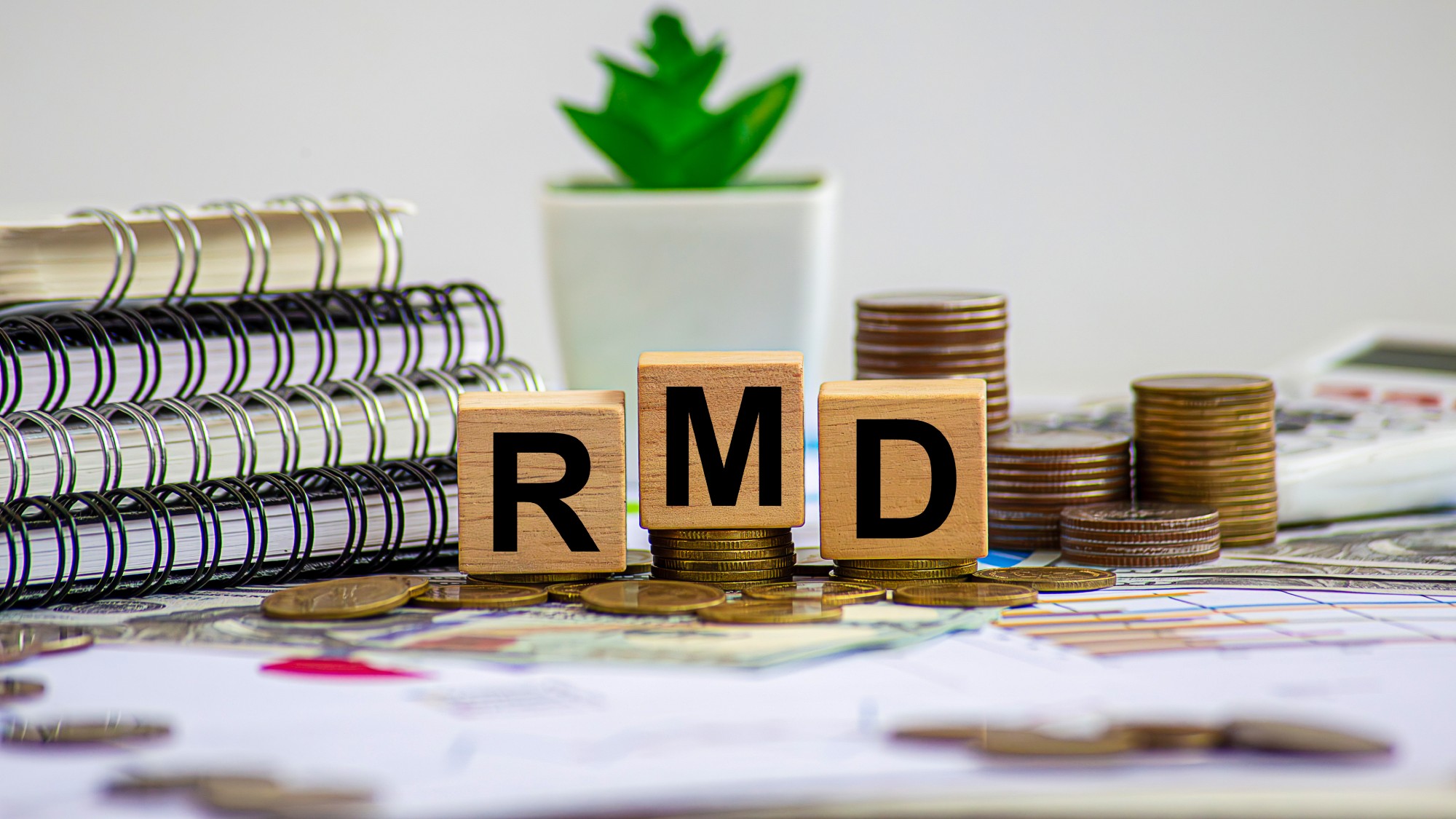 3 required minimum distribution tax mistakes to avoid
3 required minimum distribution tax mistakes to avoidThe Explainer Missteps in making withdrawals from tax-advantaged retirement accounts can cost you big
-
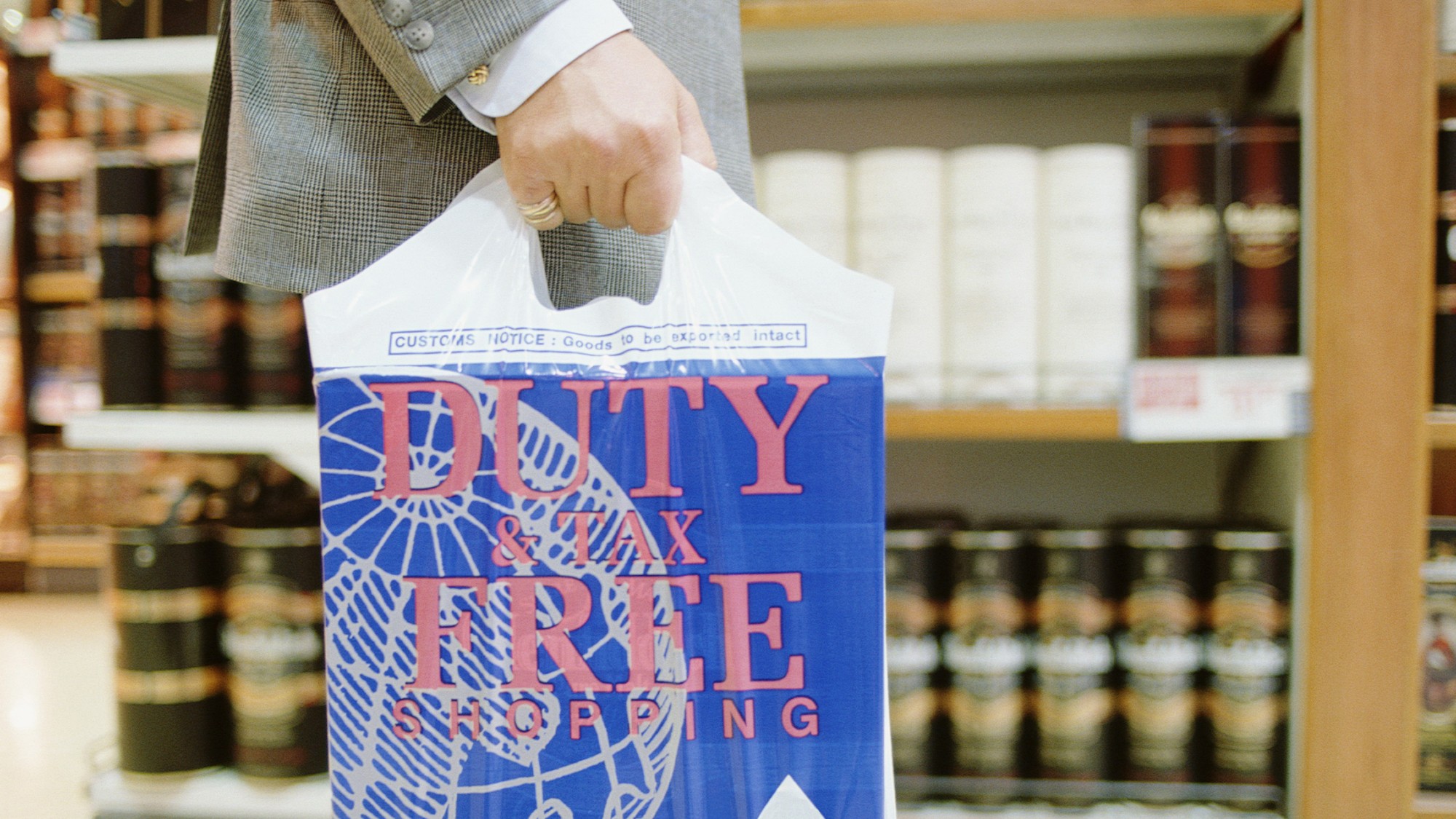 Is duty-free shopping worth it?
Is duty-free shopping worth it?the explainer How to determine whether you are actually getting a good deal
-
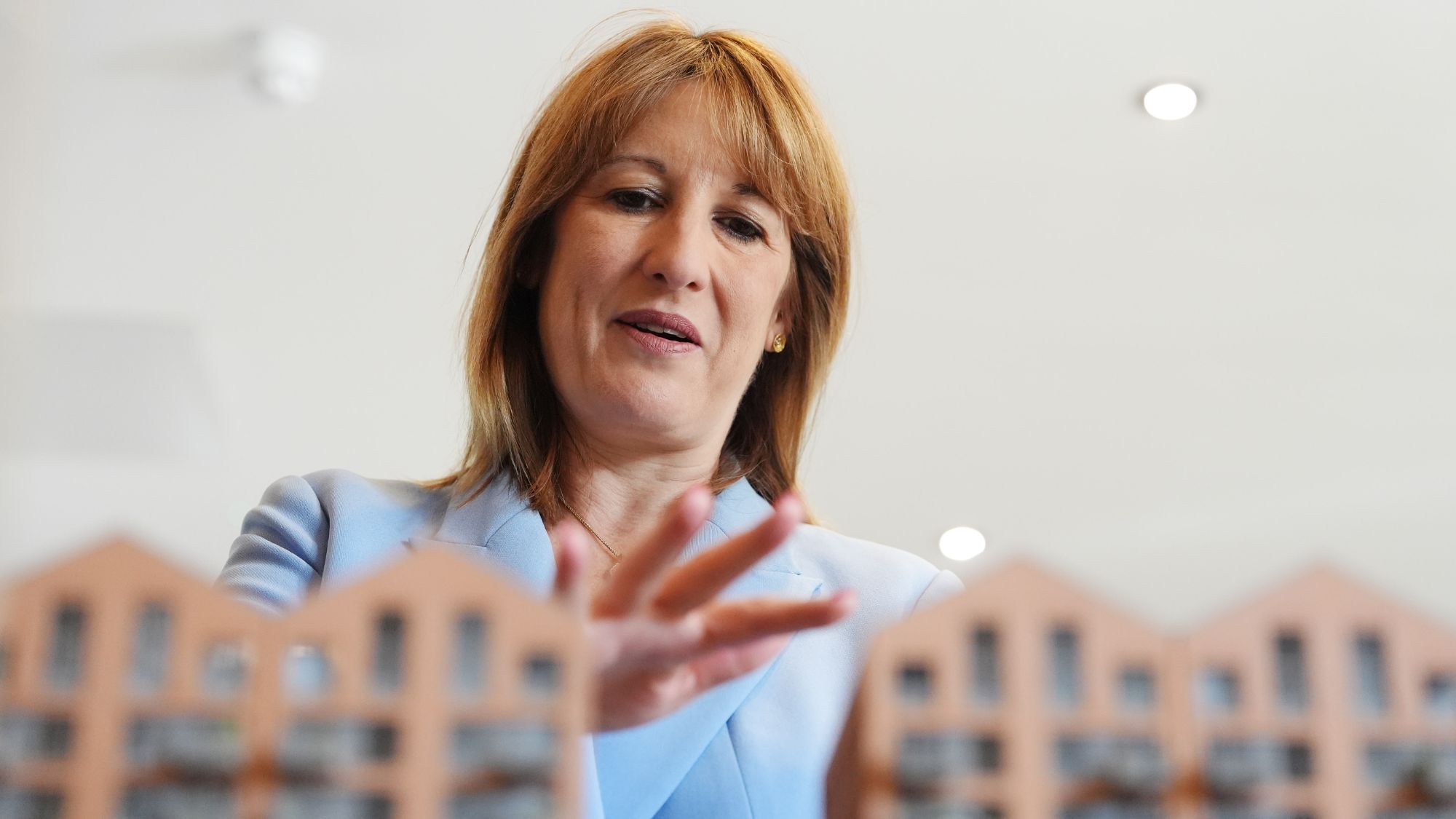 What the 2025 Autumn Budget could mean for your wallet
What the 2025 Autumn Budget could mean for your walletThe Explainer Chancellor Rachel Reeves will reveal her latest plan to balance the nation’s finances in November
-
 What taxes do you pay on a home sale?
What taxes do you pay on a home sale?The Explainer Some people — though not many — will need to pay capital gains taxes upon selling their home
-
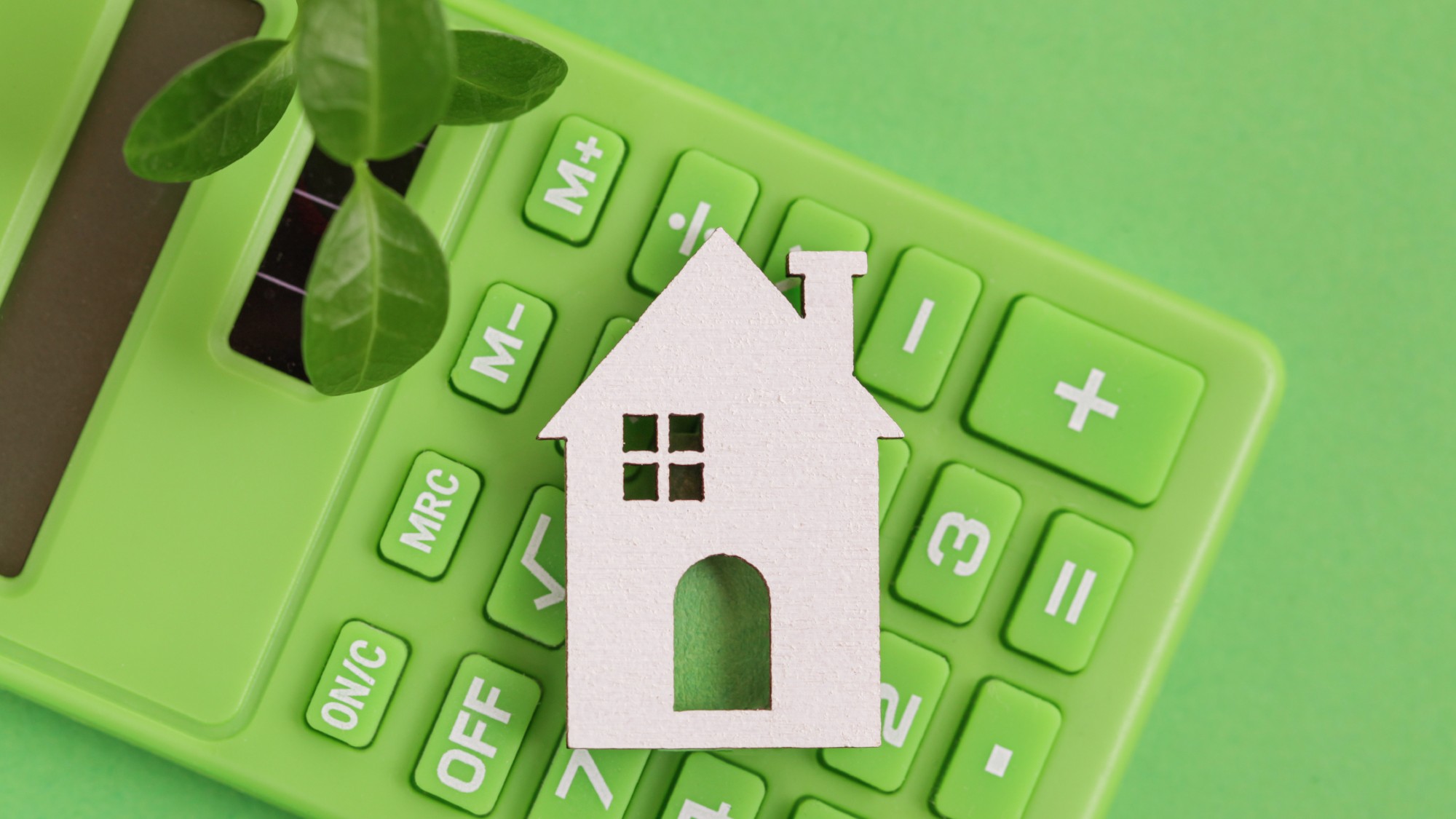 Clean energy tax credits are going away. Here's how to get them before it's too late.
Clean energy tax credits are going away. Here's how to get them before it's too late.The Explainer Trump's recently passed megabill promises the early demise of clean energy tax credits
-
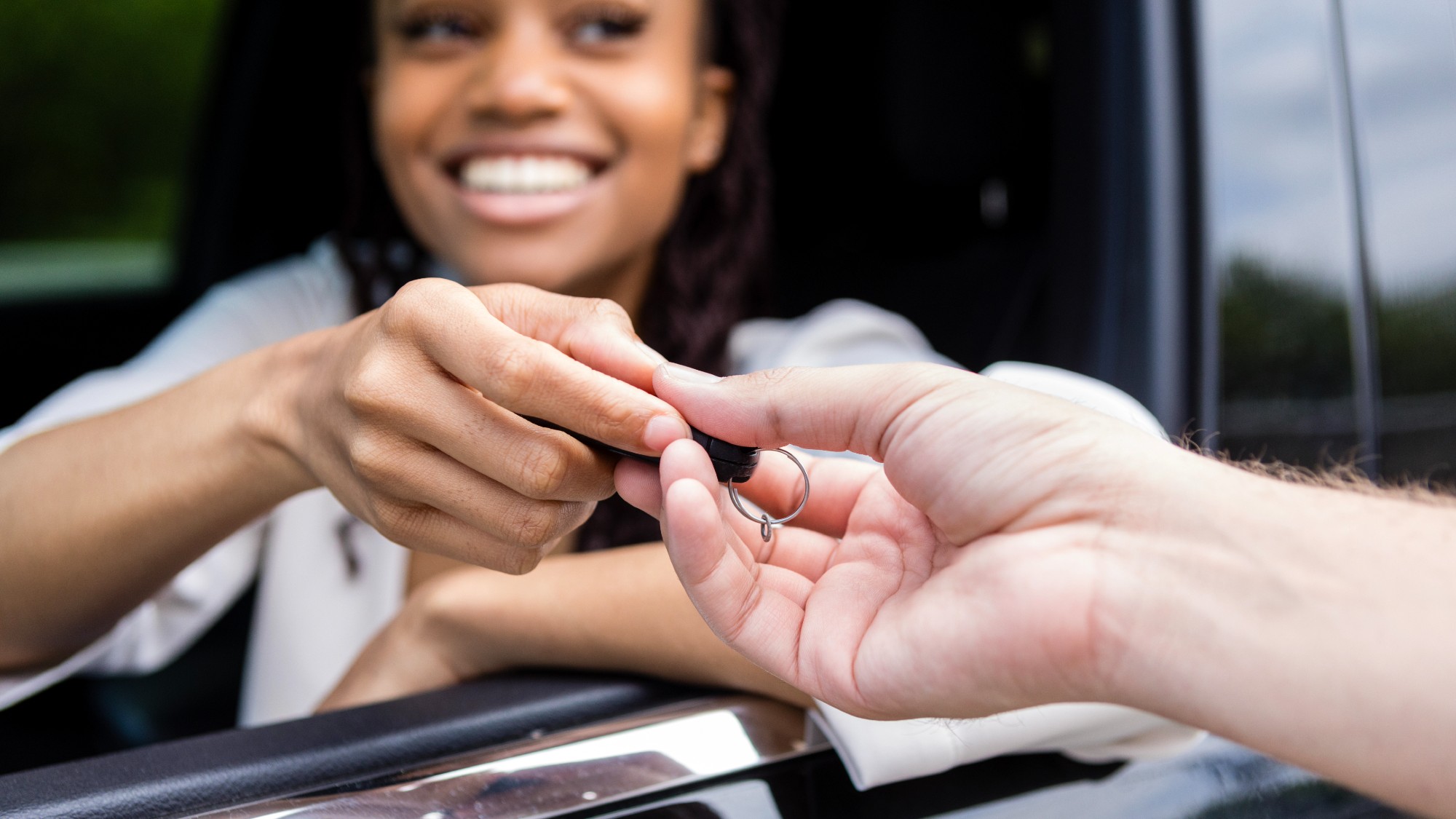 How will the new tax deductions on auto loans work?
How will the new tax deductions on auto loans work?the explainer Trump's One Big Beautiful Bill Act introduced a tax deduction on auto loan interest — but eligibility for the tax break is limited